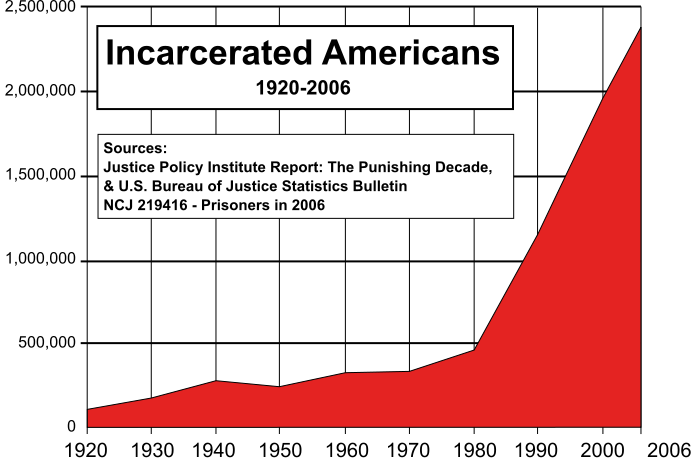There is vast confusion in the more active left about this, so let’s clear it up by way of Bernie Sanders.
Clinton was more popular with POC and women than Sanders was. She was also more popular with old people.
However, Sanders is well-liked by POC and women. Every survey I have seen shows him with approval ratings in the 60s to 70s from POC. His approval ratings from women are usually 50-something, and higher than with men, but within the margin of error.
Sander is not unpopular with women and people of color, and people of color, in fact, are much more likely to approve of him than whites.
Whites and males are the people most likely to NOT approve of Bernie Sanders.
In absolute terms Sanders is liked by POC and women. In relative terms, it depends on who you’re comparing him to.
None of this is in question, and people who run around pretending Sanders is hated by black people and women are either lying or ignorant. In group terms, he is not.
Next: Clinton did better with Democrats and Bernie did better with independents, BUT Sanders is well-liked by Democrats, this Hill poll had his approval rating by Democrats at 80 percent.
Again, relative vs. absolute.
Another fact, because we have the DNC emails, is that the DNC, run by a Clinton loyalist, put his thumb on the scales for Clinton. This is a fact.
I am not a partisan for Sanders in the same way I am for Corbyn. I strongly approve of Corbyn; I think Sanders was good enough to rate an endorsement, but his stands on, say, Israel, are awful. Corbyn has opposed Israeli apartheid right down the line, just as he did South African apartheid.
I think the best President in American history was Franklin Delano Roosevelt. But I think that locking up Japanese Americans was abominable.
My judgments of fact, as much as I can manage it, are not determined by my partisanship. My ethical judgments are not determined by my partisanship.
Rather, as best I can, I seek to have my partisanship determined by the facts combined with my ethical judgment.
This should not be a problem. If you have good reasons for supporting Hillary Clinton, you should be able to acknowledge her actual record and actions and still have reasons for supporting her.
If you must lie about a politician’s record in order to support them, or if you must pretend that evil acts they have committed or endorsed were not evil (Sanders’ Israel Support, Clinton’s Libya adventure), then you have gone deeply wrong, and you are a part of what is wrong with your country and the world.
One can support the lesser evil, or the greater good, and admit that. One can support someone who is more good than bad and still acknowledge the bad.
If one cannot, one is making decisions based on delusional fantasy.
You should be able to do this even for people you love or hate. I hate Obama and Bush, Jr. and Reagan, but where they did something right, I acknowledge it. (Reagan’s work on nuclear disarmament falls into this category.)
If your tribal identification is running your determination of right or wrong, please check yourself out of politics until it isn’t.
The results of the work I do, like this article, are free, but food isn’t, so if you value my work, please DONATE or SUBSCRIBE.

 There is a famous book, the Black Book of Communism, which claims to total up all the deaths communism responsible for.
There is a famous book, the Black Book of Communism, which claims to total up all the deaths communism responsible for.